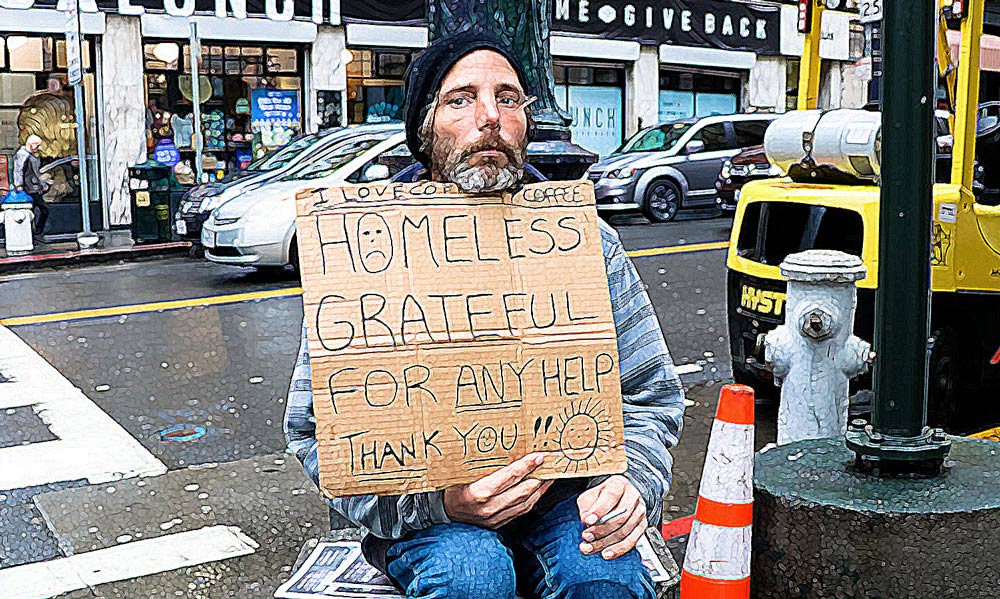Republicans are especially good at deficit spending. Give them control of the presidency and both houses of Congress, and watch the money flow! It happened under George W. Bush, and now under President Donald Trump.
But note: the Democrats have gained control of the House of Representatives. We might see some restraint on government growth, if for no better reason than “divided government,” in which the two major parties can more effectively do damage to each other’s spending.
Nancy Pelosi, again Speaker of the House, has a monkey wrench to throw into Republican spending plans, not excluding that much-promised, little acted-upon Trump promise, “The Wall.”
It is called “PayGo,” or, in the Twittersphere, #PayGo.
Not something new (Democrats have used it before), the House rule aims to limit any new expenditures to equal cuts in old spending.
Effective? Well, in capping the deficit at a trillion dollars annually … until they vote for exceptions to the rule.
And effective enough to annoy Republicans!
And now, to rile up progressives, too.
Alexandria Ocasio-Cortez (D‑N.Y.) has made a big deal about her opposition. She has opposed Pelosi’s attempt to re-establish the rule.
Heedless of any danger that could result from further adding to the now-$22 trillion national debt, progressives scorn the idea of fiscal responsibility as “austerian,” claiming the whole idea was somehow disproven by “economic history,” in the Tweeted words of Rep. Ro Khanna (D‑Calif.).
The “real” beneficiaries would be the corporations, progs say, and that PayGo would work against the “progressive agenda” of increasing government programs without limit.
Typical political piffle.
This is Common Sense. I’m Paul Jacob.

—
See all recent commentary
(simplified and organized)










